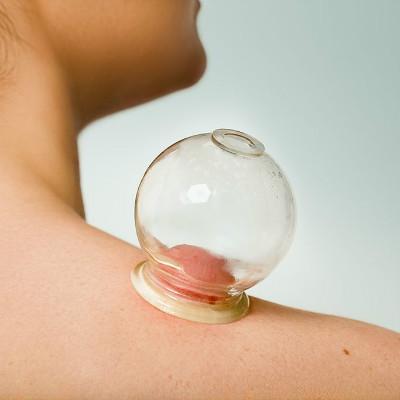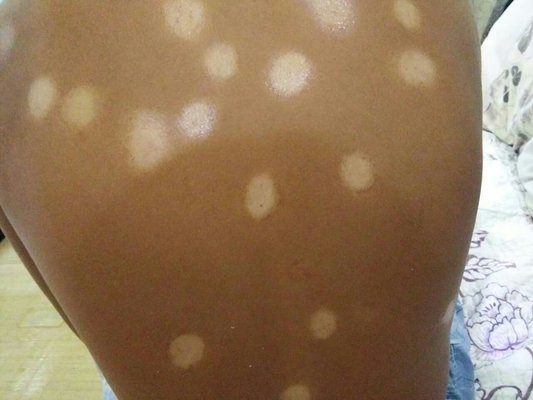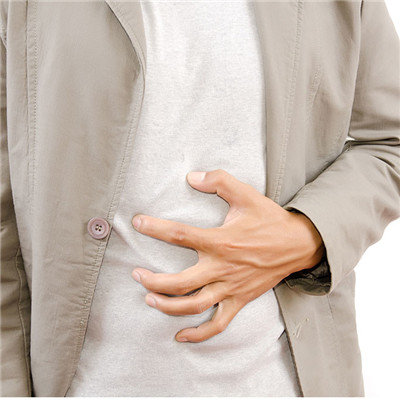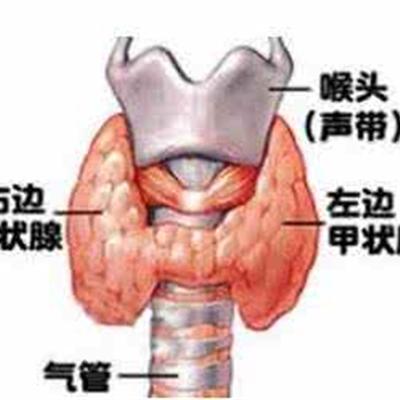What about gallbladder polyps
summary
Gallbladder polyp is a common disease. Gallbladder polypoid lesion is a general term for all non calculous lesions with polypoid growth from gallbladder wall to cavity. In China, with the wide popularization of B-ultrasound technology, the detection rate of gallbladder polypoid lesions is higher and higher, and its clinical, pathological characteristics and operation timing have been widely studied. Gallbladder polyps are divided into benign and malignant, some gallbladder polyps will not continue to grow up, can be treated conservatively, if the gallbladder polyps grow up, it must be treated surgically. If long gallbladder polyp how should do?
What about gallbladder polyps
First, conservative treatment. Small gallbladder polyps, generally less than 10 mm in diameter, have been found to be benign lesions, and can remain unchanged for many years. Generally speaking, if you have a small gallbladder polyp, you may only feel dull pain. Generally, you can do abdominal color Doppler ultrasound in three months after observation and follow-up. If there is no increasing trend, you can observe and treat it.

Second: surgical threshold: the relationship between gallbladder cancer and gallstones has been relatively clear, some patients with gallbladder cancer can be combined with gallstones, if there are no symptoms, no abdominal pain, biliary colic, no jaundice, now can be temporary conservative treatment, can also be surgical treatment, surgical treatment is the main way, because gallstones may be complicated with cholecystitis.

Third: surgical treatment: surgical treatment is the fundamental way to cure gallbladder polyps. The following cases must be treated surgically: (1) diameter > 10 mm. (2) Single polypoid lesion of gallbladder. (3) Complicated with cholecystolithiasis. (4) Patients over 50 years old. (5) Multiple polyps with a tendency to increase in a short time or gallbladder wall thickening

matters needing attention
Gallbladder polyps postoperative diet, diet should be balanced, not too greasy, avoid overeating; usually do with a good attitude; if conservative treatment, it is recommended that at least 3 months to review the abdominal ultrasound.









